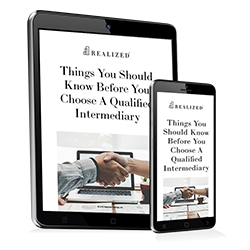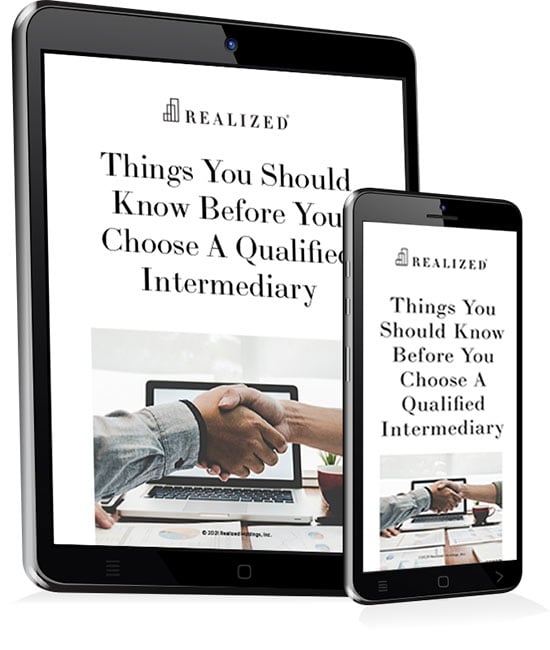
Almost anyone can become a qualified intermediary. That’s because in most states, there aren’t any specific license requirements, tests, or other hurdles to becoming a qualified intermediary. While almost anyone can become a QI, certain conditions will disqualify a person, which we’ll discuss in this article.
What Is a Qualified Intermediary?
When executing a 1031 exchange, someone needs to handle the movement of funds between the two parties (i.e., buyer and seller). This person or entity also needs to be completely neutral from both parties. The role of this 3rd party is to facilitate the exchange so the two transacting parties can buy and sell from one another while meeting the 1031 exchange rules.
A qualified intermediary or QI fulfills this neutral role. A QI is similar to an escrow account or middleman who facilitates the movement of funds to and from the seller and buyer. The seller and buyer cannot have any contact with the funds, which is why the QI plays such an important role.
There aren’t any specific federal regulations or training for becoming a QI. However, some states do require QIs to be licensed in the state. States may also have regulations around how funds are held. Otherwise, almost anyone can become a QI.
When looking at who can become a QI, the tax code doesn’t really tell you anything. So yes, an attorney can be a QI but with one caveat, which we’ll cover next section. Common QIs are title companies with exchange affiliates since they are neutral entities. Banks can also be QIs.
A good QI will lead the parties through the process and ensure it is executed properly, as a number of rules must be followed for a 1031 exchange to be valid.
Who Can’t Be a Qualified Intermediary?
While the IRS doesn’t really help us with who can be a QI, some entities or persons are disqualified from being a QI. These are entities with which the taxpayer has some type of relationship. The IRS is looking at who has an agency relationship with the taxpayer who wants to do the 1031 exchange.
Some examples of entities who are disqualified from being a QI include:
- Your attorney
- Your CPA
- Your real estate agent
- Your family members
You’ll notice that your attorney falls into the disqualified list. But earlier, we mentioned that an attorney could be a QI. That is certainly true, but the attorney must not be someone who is representing you.
It’s important to find a reputable QI to facilitate the 1031 exchange. While there aren’t any specific criteria to look at, as this is an unregulated group, seeking recommendations or referrals is usually a good way of finding a reputable QI.
This material is for general information and educational purposes only. Information is based on data gathered from what we believe are reliable sources. It is not guaranteed as to accuracy, does not purport to be complete and is not intended to be used as a primary basis for investment decisions. Realized does not provide tax or legal advice. This material is not a substitute for seeking the advice of a qualified professional for your individual situation.



